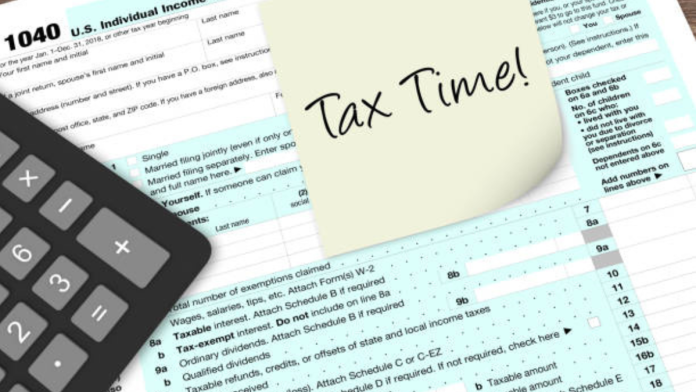5 Savvy Strategies for Minimizing Taxes on Lawsuit Settlements
Navigating the murky waters of lawsuit settlement taxation can be as tricky as winning the case. The following is a primer guide to help clients keep more of their hard-earned settlements and learn how to avoid paying taxes on a lawsuit settlement.
1. Structure Settlements as Non-Taxable
Maximize the portion of settlements allocated to non-taxable damages. Physical injury or sickness compensations are tax-free. Whenever possible, strategically categorize damages under IRC Section 104(a)(2).
2. Utilize Periodic Payments
Don’t let clients get hit with a massive tax bill in one year. Spread the wealth (and the tax burden) by structuring settlements as periodic payments. By spreading the realization of the settlement, you can keep clients in lower tax brackets and potentially save thousands.
3. Avoid the Banks v Commisser Tax Trap
In contingency fee cases with taxable components, the plaintiff must pay taxes on the attorney fee portion of the taxable gross settlement with no offsetting deduction. In some high-tax jurisdictions, the plaintiff could have as little as nine (9) cents on the dollar as net proceeds.
Example: $100,000 defamation case. The plaintiff must pay taxes on the entire $100,000 with no available deduction for the attorney fees. Depending on the nature of the case and timing, a Plaintiff Recovery Trust may eliminate the plaintiff’s taxation of the attorney fee portion.
4. Navigate the Punitive Damages Minefield
Punitive damages are always taxable but don’t wave surrender just yet. Consider utilizing a Plaintiff Recovery Trust to avoid the plaintiff bearing the taxation of the attorney fees.
5. Beware the Civil Rights Tax Trap
While civil rights claims can offer tax advantages, tread carefully. Misuse of civil rights tax exemptions is on the IRS radar. Ensure any civil rights claims are well-documented and substantiated to avoid costly audits.
Remember, the tax code is complicated. Stay updated on the latest rulings, and always consult with a tax professional. The plaintiff’s financial outcome depends on it.
Follow the link for more information regarding How to Avoid Paying Taxes on a Lawsuit Settlement









